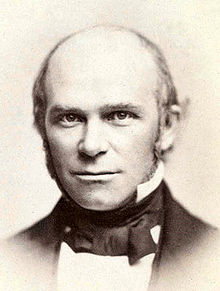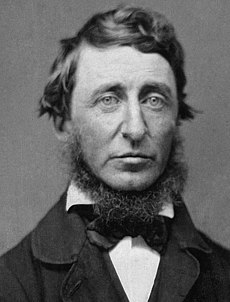Parker defied slavery and, in Boston, led the movement to combat and violate the Fugitive Slave Law of 1850, a controversial part of the Compromise of 1850. This required the return of escaped slaves to their owners by citizens of all states - free as well as slave - in assisting in the recovery of fugitive slaves. Parker worked with many fugitive slaves, some of whom were among his congregation. As in the case of William & Ellen Craft, he hid them in his home and, although he was indicted, he was never convicted. Theodore Parker called the law " a hateful statute of kidnappers", and saw to it that violation of the law was open and organized. Parker and his followers not only refused to assist with the recovery of fugitive slaves, but also helped to hide those whom southerners came to reclaim. They smuggled away Ellen & William Craft when a Georgian jailer came to Boston to arrest them. Due to Parker's effort, from the law's passage in 1850 to the onset of the American Civil War in 1861, the Fugitive Slave Law was successfully enforced only twice in Boston. And on both occasions, Bostonians combatted the actions with mass protests.
During the undeclared war in Kansas (see Bleeding Kansas and Origins of the American Civil War) prior to the actual outbreak of the American Civil War, Parker supplied money for weapons for free state militias. As a member of the Secret Six, he supported the abolitionist John Brown, whom many considered a terrorist, and wrote a public letter, "John Brown's Expedition Reviewed," defending John Brown's actions after his arrest, defending the right of slaves to kill their masters.





